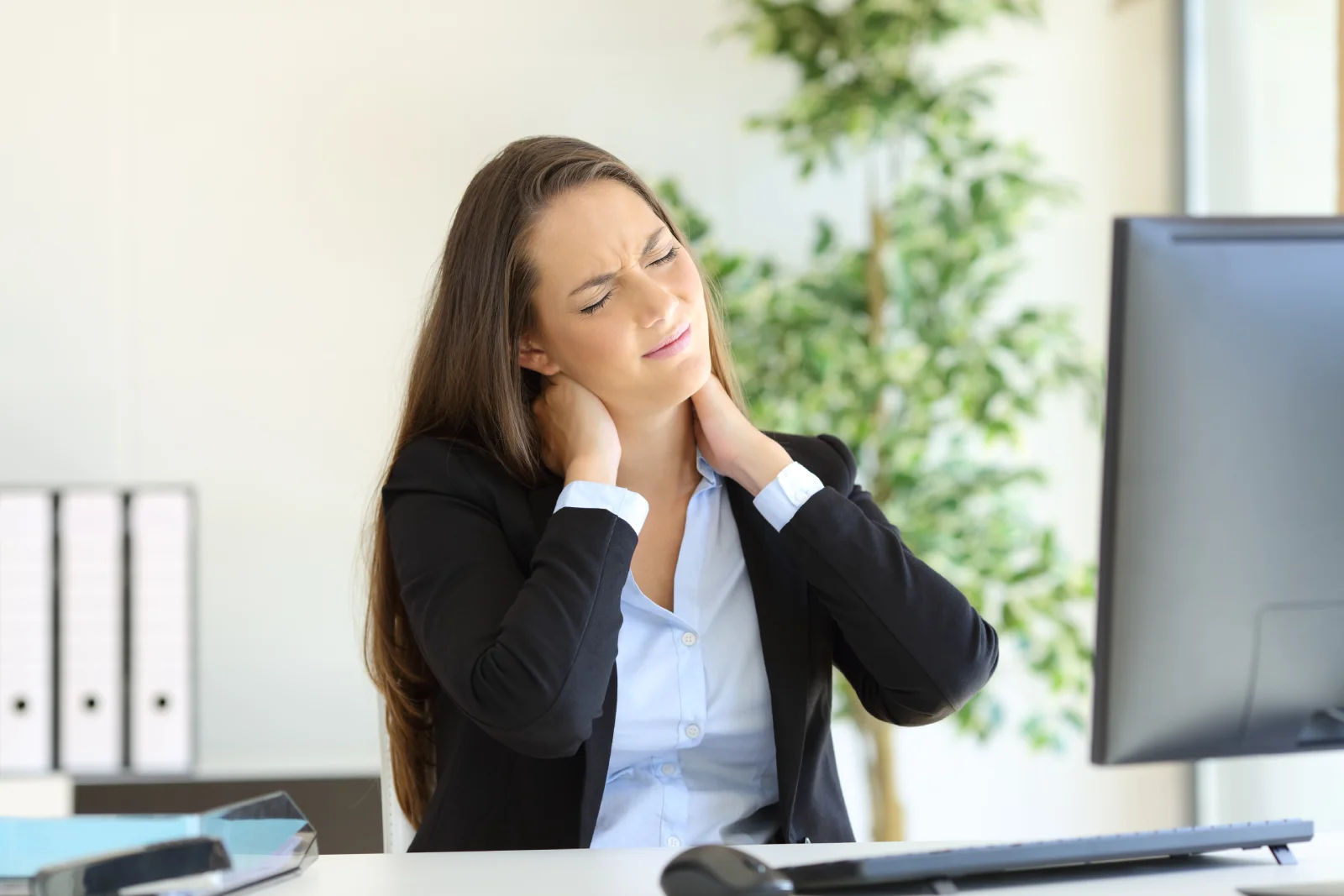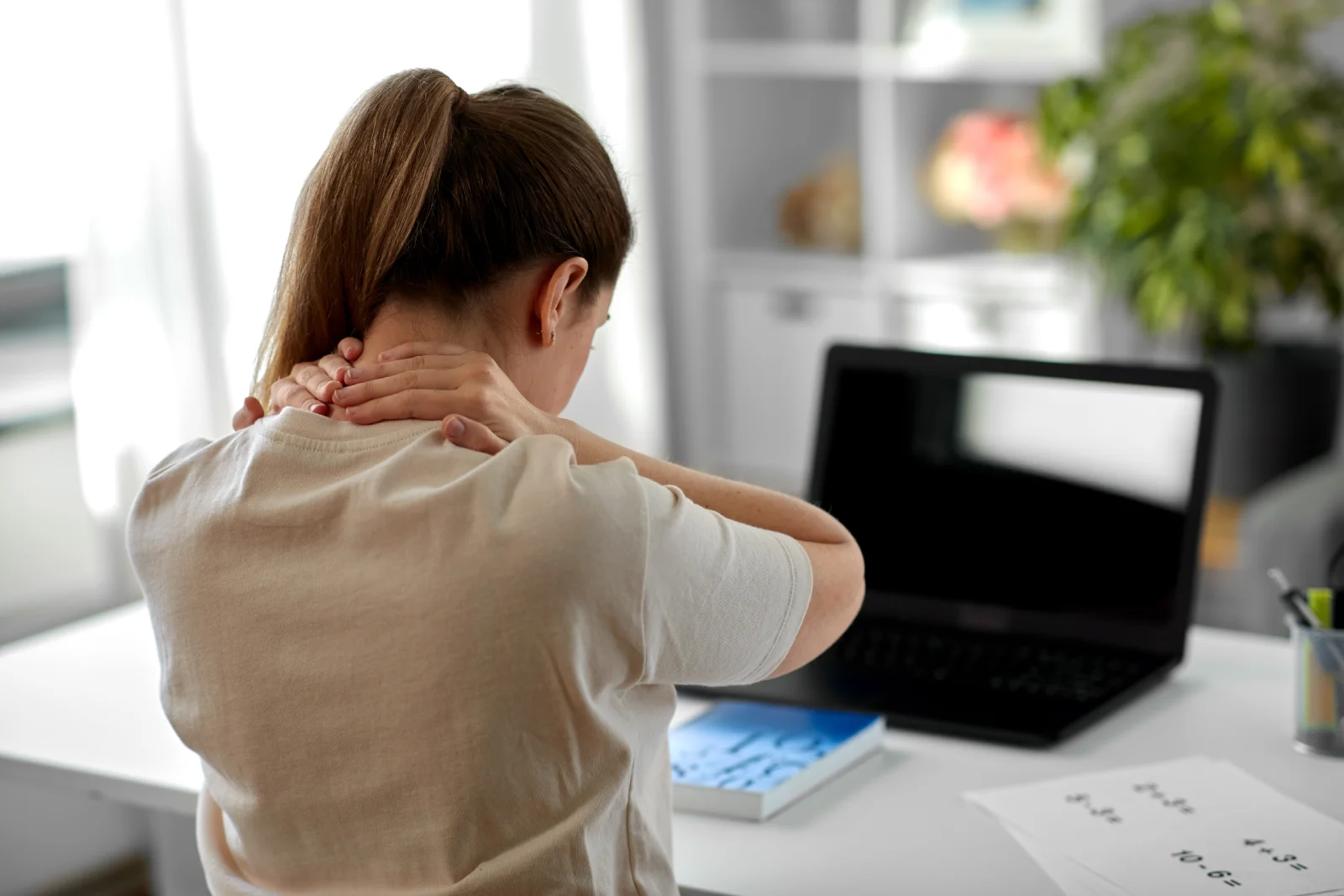BLOG
Slouching: postural kyphosis
What is a kyphosis?
When viewing the spine from the side, kyphosis refers to the outward curvature of the spine, the convex curve of the back. Inward and outward curves of the spine are normal and desirable as they work to balance the head and distribute the load evenly throughout the spine. These curves are easily viewed when examining the spine from the side on. In this article, we are referring to “abnormal” kyphosis, i.e. abnormal in the sense of it being exaggerated beyond the normal spine curve.

Postural kyphosis
Postural kyphosis is the most common form of kyphosis. This type of kyphosis can occur in both young and old patients and can be corrected with a conscientious effort to maintain an erect posture and trying not to slouch. With postural kyphosis, there is no structural abnormality of the spine leading to the presence of kyphosis. Therefore, training and exercises to assist in strengthening the trunk, especially the back and scapular muscles, can help the individual maintain a more “normal” alignment. Slouching in the mid back and the associated rounded shoulders is a very common postural complaint.

Concerned parents usually bring in their adolescent children to be treated after having noticed their shoulders rolling forward more and more over the years. Postural kyphosis is very common among adolescent girls and is associated with a significant growth spurt and/or early development of breasts during puberty. Girls usually don’t want to stand out in a crowd of their peers so they hunch forward a little attempting to conceal their height or body changes. Adjustments that over months can become a habit that is hard to break. A lot of office workers also have postural kyphosis. Often this population of patients complains about neck pain. Postural kyphosis is one of the triggers for neck pain due to the increased curve in the mid-back which alters the head position and therefore places additional strain on the cervical spine. Postural kyphosis in office workers and adolescent girls is easily fixed providing they are willing to put in the work to exercise, i.e. work on strengthening their muscles and do postural retraining.

Other types of kyphosis
There are a number of other causes of kyphosis of the thoracic spine including, but not limited to:
· Structural kyphosis
· Scheuermann’s disease
· Traumatic kyphosis
· Osteoporosis-related kyphosis
Your physiotherapist can help asses and inform you if you have postural kyphosis and the best approach to initiate change.
Address
Pivljanina Baja 19
Working time
Working days: 8AM – 8PM
Saturday: 8AM – 4PM
Telephone
065 60 55 865
